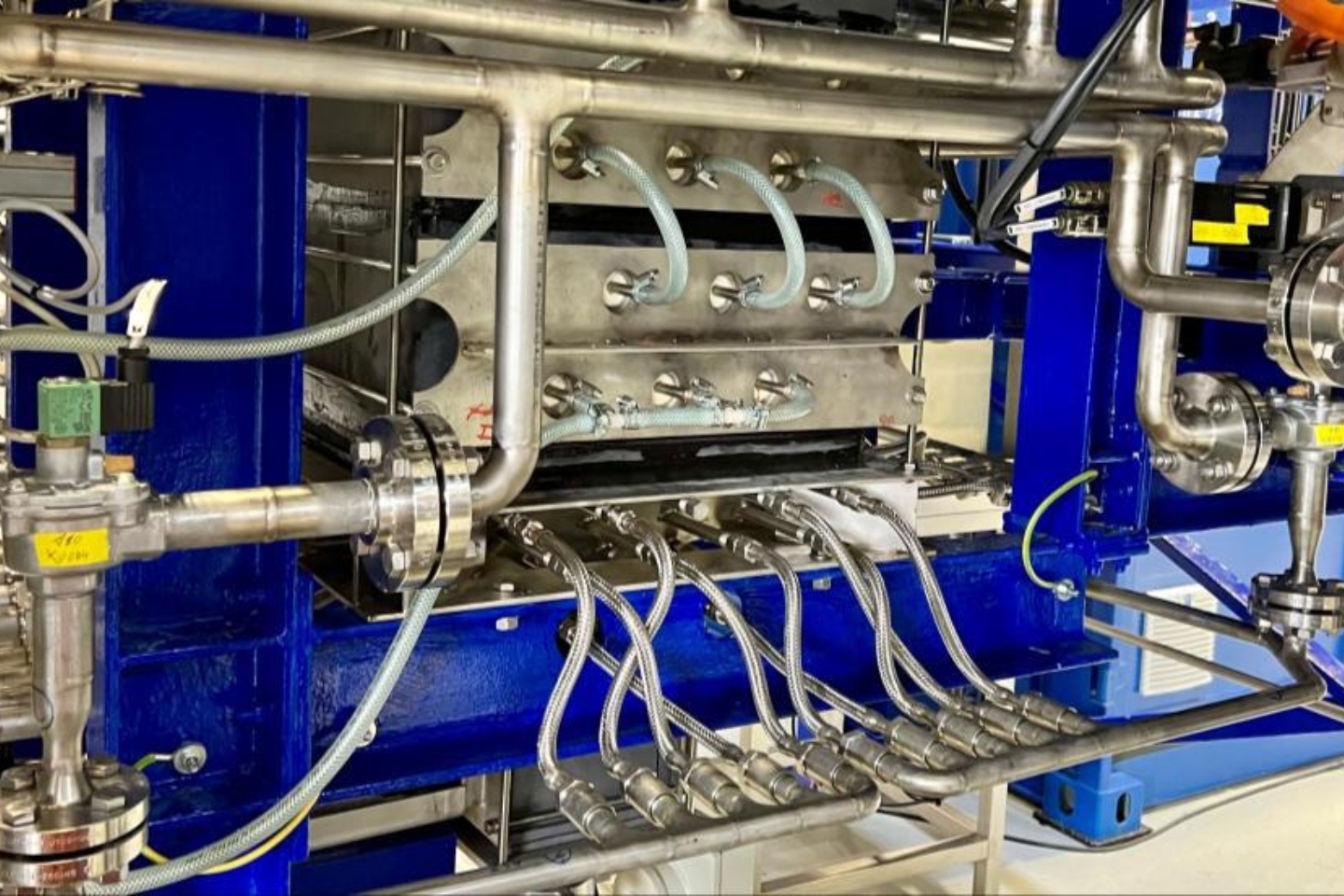Subiaco-based Altech Batteries has supercharged its alumina-coated silicon anodes to boost the energy capacity of lithium-ion batteries by 55 per cent after combining graphite with its high-tech anodes. The company says the game-changing results stem from its strategy to coat silicon particles with alumina, overcoming previous drawbacks associated with using silicone as an anode material.


Subiaco-based Altech Batteries has supercharged its alumina-coated silicon anodes to boost the energy capacity of lithium-ion batteries by 55 per cent after combining graphite with its high-tech anodes.
Management says the game-changing results stem from its strategy to coat silicon particles with alumina, overcoming previous drawbacks associated with using silicone as an anode material.
The company’s previous cracking of the “silicon code” by increasing the energy density of its anodes by 30 per cent when compared to a standard lithium-ion battery, has now been blown out of the water with the new test results ratcheting up the stunning 55 per cent improvement to the average energy capacity.
Altech says the use of alumina to coat the silicon particles helps overcome the two main drawbacks associated with silicon use in anodes.
During battery charging, silicon particles can expand by up to 300 per cent, leading to swelling, fracturing and ultimately, battery failure. Secondly, silicon can deactivate a high percentage of lithium-ions, thereby reducing battery performance and lifespan.
The company notes that modification of its silicon particles with the alumina coating can resolve capacity-fading issues caused by first-cycle capacity loss of up to 50 per cent and adds that its testwork shows stable battery and cycling performance. It says initial issues with the dispersion of the silicon particles within the graphite mix were resolved by a process known as spherification.
That method involves the silicon being produced into a sphere shape to blend better with the graphite and enable distribution into graphite voids within the anode, minimising the negative impact to the electrode layer caused by the expansion of silicon.
Altech Batteries chief executive officer and managing director Iggy Tan said: "We are thrilled with the significant progress we have made in overcoming the critical challenges associated with using silicon in lithium-ion battery anodes. Our breakthrough technology represents a major step forward in unlocking the full potential of silicon in lithium-ion batteries, and we believe it has the potential to revolutionise the battery industry.”
During the recent testing, the dispersion issues with the silicon particles were tackled and defeated by a persistent research and development team, led by non-executive director Dr Jingyuan Liu. Liu played a key role alongside Tan and board member John Loxton in developing the Jiangsu lithium carbonate refinery during their days with Galaxy Resources – which later merged with Orocobre to form Allkem.
Allkem also went down the merger path a few years later with United States-based Livent and became Arcadium Lithium. That company made headline news last week when subjected to a US$6.7 billion (AU$9.9 billion) takeover bid by Rio Tinto.
Silicon has about 10-times the energy retention capacity of graphite, making it an ideal addition to anodes to help mould the next-generation of lithium-ion batteries.
The significant increase in retention capacity from the high-tech improvement has resulted in a jump to about 500mAh/g (milliampere hours per gram mass) for the company’s anodes, in comparison to an average lithium-ion battery anode of 320mAh/g.
Altech has constructed a pilot plant adjacent to its proposed project site to enable the relevant qualifications to be obtained for its new-age anodes and it is now in the commission-phase.
The huge leap in energy capacity from the company’s improved anodes is the type of change that could provide a significant boost to the electric vehicle (EV) battery market and help ease the common range anxiety felt by prospective EV buyers.
Is your ASX-listed company doing something interesting? Contact: matt.birney@businessnews.com.au














